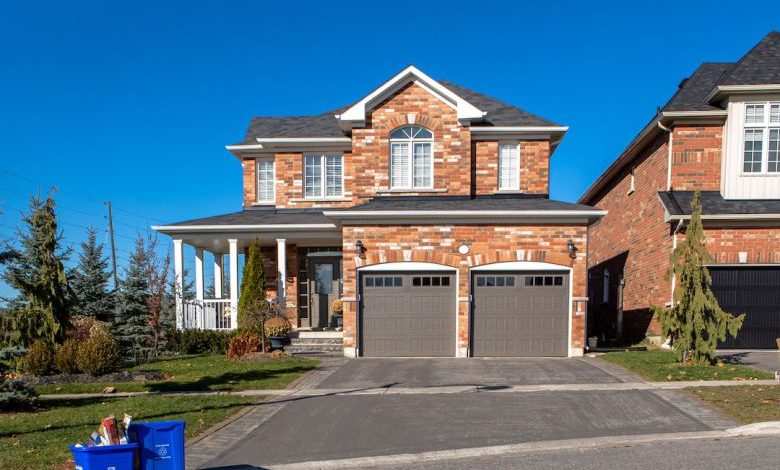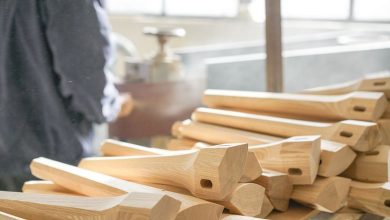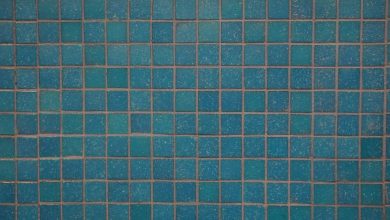What Are the Best Materials for a Driveway?

When it comes to choosing materials for your driveway, there are several options available that can enhance the curb appeal and functionality of your property. From traditional asphalt to modern concrete, each material has its own unique benefits and considerations. In this article, we will explore the best materials for a driveway and help you make an informed decision for your home.
Asphalt: The Classic Choice
Asphalt is a popular choice for driveways due to its affordability and durability. It is made by mixing aggregate, such as gravel or sand, with a binding agent known as bitumen. The resulting mixture is then poured and compacted to create a smooth and sturdy surface.
One of the main advantages of asphalt is its ability to withstand heavy loads and harsh weather conditions. It is resistant to cracking, which makes it ideal for areas with extreme temperature fluctuations. Additionally, asphalt driveways are relatively easy to maintain and can be repaired or resurfaced when needed.
Concrete: The Modern Alternative
Concrete is another excellent option for driveways, offering a sleek and contemporary look. It is made by mixing cement, water, and aggregate, such as crushed stone or sand. The mixture is then poured, leveled, and left to cure, resulting in a strong and long-lasting surface.
One of the key benefits of concrete driveways is their versatility. They can be customized with various finishes, colors, and patterns to match your aesthetic preferences. Concrete is also highly durable and can withstand heavy traffic and the elements. However, it is important to note that concrete driveways may require occasional maintenance, such as sealing, to prevent cracking and staining.
Gravel: The Budget-Friendly Option
Gravel driveways are a cost-effective choice that can add a rustic charm to your property. They consist of loose stones or crushed rock that are spread and compacted to create a stable surface. Gravel driveways are relatively easy to install and can be maintained by simply adding more gravel as needed.
One of the main advantages of gravel driveways is their permeability. They allow rainwater to seep through the surface, preventing the formation of puddles and reducing the risk of flooding. Gravel driveways also provide good traction and are a suitable option for sloped areas. However, it is important to note that gravel driveways may require periodic raking to maintain an even surface and prevent the migration of stones.
Pavers: The Elegant Solution
Pavers offer a stylish and sophisticated option for driveways, with a wide range of designs and colors to choose from. They are individual units made from materials such as concrete, clay, or natural stone. Pavers are laid on a stable base and locked together, creating a strong and durable surface.
One of the main advantages of pavers is their versatility. They can be arranged in various patterns, allowing you to create a unique and personalized driveway. Pavers are also resistant to cracking and can withstand heavy loads. In addition, if a paver gets damaged, it can be easily replaced without affecting the rest of the driveway.
Conclusion: Choose Wisely for a Beautiful Driveway
When it comes to choosing the best materials for a driveway, it is important to consider your budget, aesthetic preferences, and the specific needs of your property. Whether you opt for the classic appeal of asphalt, the modern look of concrete, the affordability of gravel, or the elegance of pavers, each material has its own advantages and considerations. By selecting the right material for your driveway, you can enhance the overall appearance of your home and enjoy a durable and functional surface for years to come.




